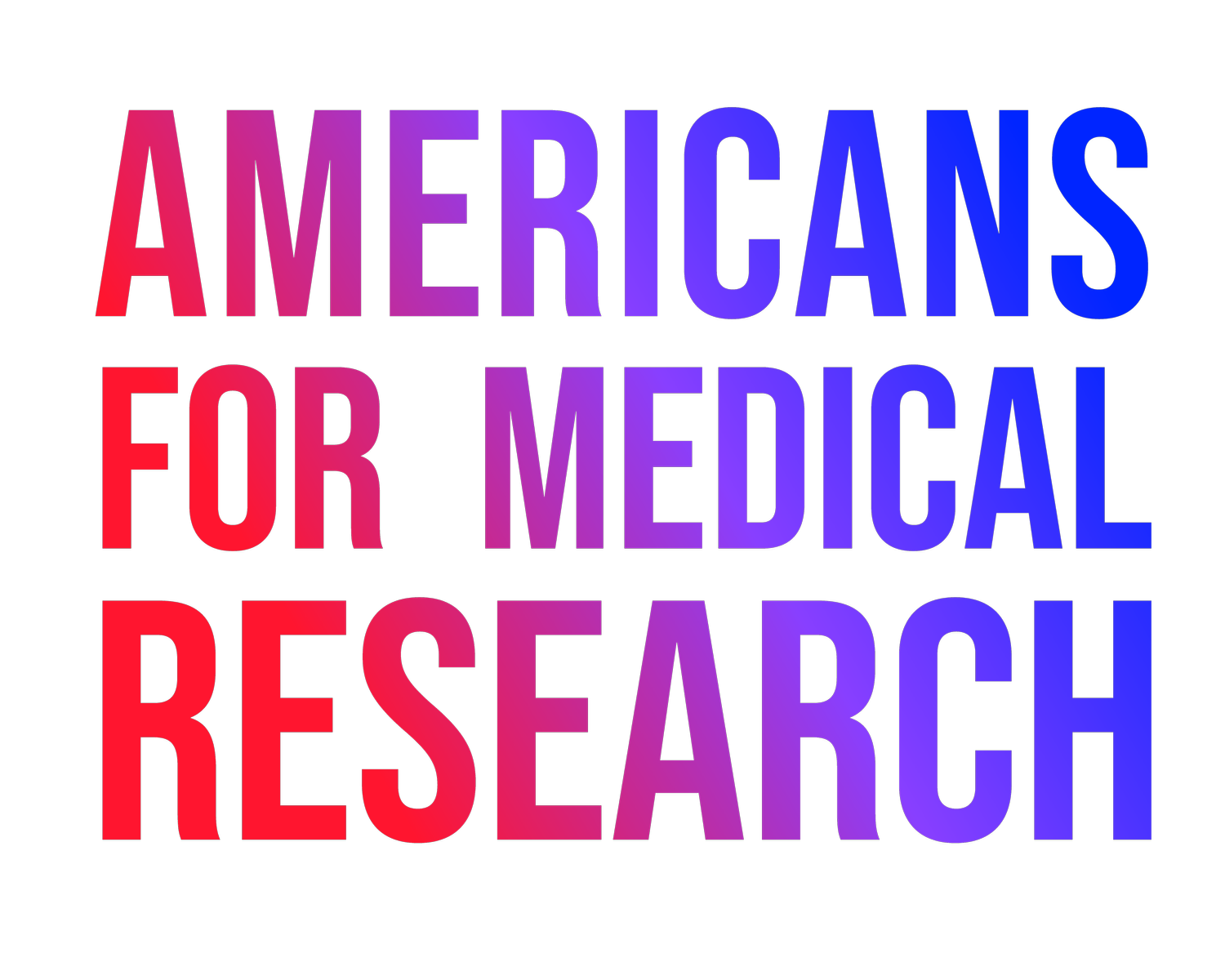Federal cuts upended clinical trials. A new study reveals the toll.
Allyson Chiu | 11.17.25
Amy Nunn and Philip Chan had just started to enroll participants in a federally funded clinical trial for HIV prevention when their work came to an abrupt halt in early March.
“I panicked,” said Nunn, CEO of the nonprofit Rhode Island Public Health Institute, whose research was focused on Black and Hispanic men and their use of the preventive medication for HIV known as pre-exposure prophylaxis, or PrEP. “I was worried we might lose everything.”
Their study was one of many clinical trials that lost funding earlier this year after the Trump administration slashed millions in National Institutes of Health grants. From the end of February to August, grants for 383 clinical trials were terminated and the funding disruptions affected more than 74,000 trial participants, according to new research published Monday in JAMA Internal Medicine.
The analysis marks the latest effort to quantify the impact of the large-scale research funding cuts that were initiated soon after Donald Trump took office. The administration has told scientists that it is ending certain work considered discriminatory against people based on race, sex, religion or other attributes, and stopping funding to prevent wasteful spending.
“One argument is that a large motivation for canceling and reducing a lot of the research budget was to reduce the amount of unnecessary research or low-quality research,” said Vishal Patel, the new study’s lead author and a physician at Brigham and Women’s Hospital in Boston. “But clinical trials are the pinnacle of scientific research.”
Approximately 1 in 30 trials lost funding, according to the study. While Patel noted that it’s unclear how many trials had funding pulled retroactively before the slew of cuts that began in February, he said instances appeared to be rare. The researchers found that the cuts disproportionately affected trials focused on infectious diseases, such as covid-19 and HIV, prevention and behavioral interventions. More than 100 of the canceled grants were for cancer research. Grant terminations also affected studies conducted outside the United States more than domestic trials.
The NIH did not provide comment before publication.
The study’s findings support concerns raised by many researchers and public health experts.
“It is not surprising and it is seriously emblematic of the problem that we’re seeing with this kind of take-a-sledgehammer-to-all-things health approach of the administration,” said Susan Polan, associate executive director for public affairs and advocacy with the American Public Health Association. The American Public Health Association sued the Trump administration to restore terminated NIH grants.
Robert Hopkins, medical director for the National Foundation for Infectious Diseases, said the study showed that funding cuts disproportionately hit areas “that are critical to public health.”
“Clinical research is a long game,” he said. “Developing new vaccines, antivirals and treatments takes years, often decades. Cutting funding now risks slowing progress on interventions that could help save lives for years to come.”
Chan said another trial he was heading, which focused on mental health in the LGBTQ community, also lost funding. That study, he said, was six months away from ending.
Monday’s paper “really highlights some of the disruptions in research and academia and really highlights how this has affected our infrastructure and our ability to conduct research,” said Chan, chief medical officer at the Rhode Island Public Health Institute and an associate professor of medicine at Brown University.
After the NIH funding was canceled for the PrEP trial, Nunn said she had to stop enrolling people at two sites. Work at a third site only continued because she was able to cobble together money from nonfederal sources.
Nunn and Chan said the funding for these two trials, which were designed for about 200 to 300 participants, have since been reinstated after a federal judge in Massachusetts ordered the Trump administration to restore hundreds of canceled scientific research grants.
But many public health researchers remain wary. The Supreme Court in August sided with the Trump administration, allowing cuts to nearly $800 million in NIH grants for studies into diseases in minority, gay and transgender communities.
The new study’s count of trials that lost grants includes those that got their funding back, Patel said. He and other researchers emphasized that even delays during trials could have profound impacts on the studies and participants.
“If you pause an experiment, especially when it comes to experiments involving drugs and patients where you need a consistent dose over time and consistent measurements, it’s possible that you just screwed up the entire research,” Patel said.
During the time that the PrEP study wasn’t receiving any federal funding, Nunn said one of the sites, a clinic in Jackson, Mississippi, closed. Efforts are now underway to get the site back up and running.
“A lot of the clinical infrastructure was crippled or crushed because of the grant terminations, and it’s hard to build it back,” she said.
When clinical trials are delayed or canceled, patients are also often losing access to care, Chan said.
“I firmly believe that some of those folks got HIV,” he said of people who were not able to participate in the PrEP trial.
Future research, he said, should aim to get a better understanding of how people were affected by the cancellations.
Many other studies that are not clinical trials also lost funding. A May study published in JAMA Internal Medicine found that between February and April, nearly 700 NIH grants were terminated across 24 of the federal agency’s 26 institutes and centers.
Nunn and other experts raised concerns that canceling studies could lead to fewer scientific advancements.
“The reason all of those 383 trials were funded is because people believe they have novel solutions to important public health questions,” Nunn said, adding that not all of the studies had their funding restored. “The knowledge that we would have had about how we can enhance population health through those clinical trials will be lost.”
